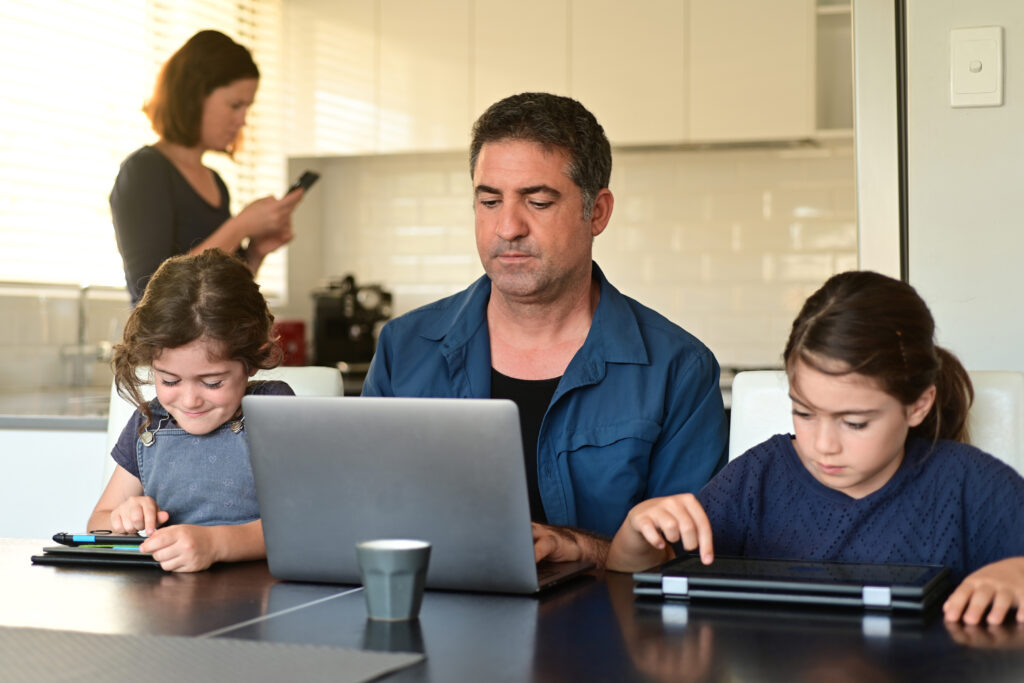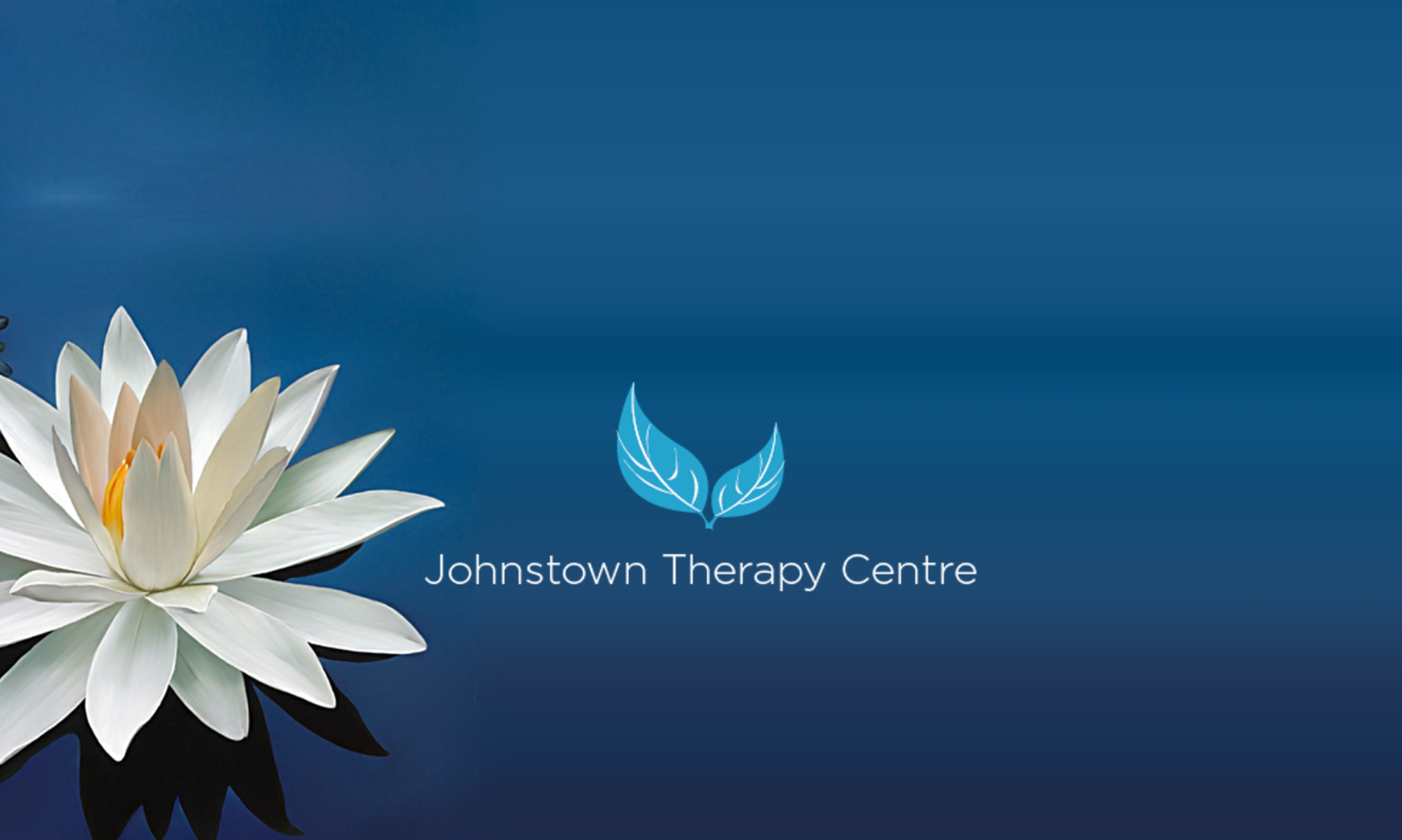Welcoming You Back to JTC

We just want to keep you updated on what we are planning to do to reopen JTC after the lock-down period. All Counsellors and Psychotherapists are considered essential workers, we have been working away online to provide support to all our clients and will continue to work in this way over the coming months. However as restrictions are lifted we are looking at a very slow rephased opening for the Centre and with this in mind we have been putting a lot of safety measures in place in order to comply with the HSE guidelines and Return to Work Safety Protocol.

We have purchased some new Perspex guards for use in the Therapy rooms in order to ensure safety as we sit for our 50/60-minute sessions. We are equipped with hand sanitizers, alcohol wipes and cleaning materials. We would also ask you to adhere to all the guidelines in respect of hand hygiene, physical distancing, and coughing and sneezing etiquette. It is essential that everybody who attends the Centre follows the strict guidelines.

If you are an existing client at the Centre, please contact your Therapist directly with any questions you may have. if you are a new client, please contact us for an appointment ; We look forward to seeing you soon!
Please use the following pre-appointment protocol before attending the Centre:
- Do you have symptoms of cough, fever? High temperature, sore throat, runny nose, breathlessness or flu like symptoms now or in the past 14 days? Yes/No
- Have you been diagnosed with confirmed or suspected COVID-19 infection in the last 14 days? Yes/No
- Are you a close contact of a person who is a confirmed or suspected case of COVID-19 in the past 14 days (i.e. less than 2m for more than 15 minutes accumulative in 1 day? Yes/No
- Have you been advised by a doctor to self-isolate at this time? Yes/No
- Have you been advised by a doctor to cocoon at this time? Yes/No
- If you have travelled abroad, please do not attend the Centre for a period of 14 days.
Your therapist will guide you on the protocol of entering and leaving the building. Please adhere to these guidelines.
Online Therapy Sessions with Adolescents
By Katie Flynn

The current Covid-19 pandemic had brought with it a change to many of our traditional ways of working – this is no different in the therapy community. We have found that we have had to adapt our ways of working with our client base and to continue to provide our service for our existing and future new clients going forward.
For the time being face to face therapy is not possible, so using a safe online platform has become the new normal for therapy sessions. At Johnstown Therapy Centre we are happy to continue our service for both new and existing clients online, and our therapists are currently seeing several adolescent clients online. Though the move initially seemed daunting, we have now got to know this new medium and settled into our sessions well. The main difference between a face to face session and an online session is the obvious fact that we are not in the same room!
Before beginning a session with an adolescent, the therapist will do much the same as if they were metting in person. The therapist will –
- Where a person is under 18 – will communicate with their parent/guardian both before and after the session to ensure that an adult is present in the home with the client and that they are fully aware of our session boundaries.
- Discuss the confidentially agreement fully and extend this to safety around online etiquette such as no screenshots or recording of sessions.
- Establish the client is in a safe and private place in which they feel comfortable that they can speak freely.
- Check in regularly with the client to ensure they are comfortable and happy to continue using online as the medium for our sessions.
- Where there is a poor internet connection, sessions can be completed over the phone.
We can work with the adolescent client on whatever concerns they bring to the session. While we are not in the same room it is still possible to form a good connection, provide support and develop the therapeutic relationship with weekly sessions.
COVID-19; Navigating Family and Home Life for Parents during Lockdown
by Katie Flynn

We have found ourselves in a new environment finding our way with restrictions on our day to day lives with the current Covid-19 pandemic. When something strikes that is outside of our control it is normal to feel overwhelmed, anxious and stressed. However, there are still aspects of our lives that we can put our energy and focus into. It is likely that we are spending more time with those with whom we co-habit. For many that means the household dynamics have changed, and parents and caregivers are now trying to juggle multiple roles at the same time including working from home, parental responsibilities, home-schooling and managing relationship dynamics to name a few!
It is important as a parent/caregiver to remember that there is no one size fits all approach to this and that you are no doubt already trying hard to find solutions for all that is happening in your home and life. It is important to remember that there is no need to be over productive unless this is normal for you – while we may appear to have more time available now, it is not necessary to fill every second of every day. Taking breaks and time to rest is vital.
When it comes to the parent/caregiver role, here are some areas that might be helpful for you – these can be adapted to be age appropriate.
- Establishing a household routine/ structure can be helpful as it can consider the needs of all family members and give each person a template from which they know what to expect for the day and week. Making space for study, chores, and fun would be great additions to this routine/structure.
- Encourage your child/adolescent to help where they can. Explain that everyone needs to help and ask your child how they feel they might be able to do this. Giving them a choice in how they do this facilitates their autonomy.
- Encourage open discussion, listening and communication. As a parent/caregiver you will need to adapt this to an age appropriate level for your child/adolescent and take into consideration your child’s needs and ability to understand a given situation. Your child/adolescent might have strong feelings at this time, and it is important to acknowledge these feelings and take any concerns seriously. While you may not be able to solve all of you their concerns – listening to and acknowledging their concerns without dismissal or the need to provide a solution can go a long way toward helping your child/adolescent to feel safe, understood and empowered.
- In this unique situation strong feelings, arguments and flared tempers are likely – For when this happens it is important to have a plan – such as leaving the room for 2 minutes to calm down or taking 10 consecutive deliberate breaths. This plan can be discussed among family members before it needs to be put into practice – often when things are calm and quiet is the best time to openly discuss your needs and safety plan for when things get heated. As this has been discussed previously, the other family member will know what is happening when you or they need to leave the room mid debate/argument.
- When you want to express yourselves – use ‘I Statements’ such as ‘I Feel’ or ‘I am hurt’ -this helps you and your family to own your feelings and for others around you to understand that they are not a target. It is easier to have positive communication when everyone is responsible in their delivery of their feelings/upset. Similarly, the act of apologising to your child/adolescent and vice-versa will allow you all to understand that everyone will sometimes act in a less than ideal way but that you are all able to make amends. As the parent/caregiver – your regular modelling of these skills will have a positive effect on your child/adolescent’s ability to put them into practice.
- As a parent whether cohabiting with your partner or not in a relationship with your child’s other parent it is important to remember that your children can probably hear more than you know. For that reason, it can be helpful to set aside time together to discuss any relationship or financial issues that may cause your child/adolescent distress and concern if they are to be privy to these conversations.
- Encourage time together as a family – this could be through eating meals together and playing games – this time will allow you to connect, laugh and enjoy yourselves while also creating a space in which your child can feel comfortable and may ask or discuss things they have been wondering about. If you have multiple children spending some alone time with each of them can allow them to know that you are there for them and that you value them as an individual.
- Encourage contact with family and friends online and over the phone where this is possible. This will help your child to understand that everyone is experiencing similar things to them now and it is still possible to maintain support and a sense of community even if we cannot be in physical proximity.
- Allow your child/adolescent to have their own space – they do not need to be with the family the whole time – let them know that you are available if they need you and ensure they are safe in what they are doing. This will help them to develop their ability to pursue their own independent activities and interests.
- Where possible provide access to play material including creative art materials and musical material to provide you child/adolescent with multiple mediums for expression.
- Screen time is a much-debated topic – at this stage you might notice your child is spending more time in front of a screen –either watching tv, doing schoolwork, chatting with friends and family or playing games. Deciding how much screen time you are comfortable with and relaying this to your child/adolescent establishes limits and boundaries.
- Your child/adolescent is likely to have access to information that you are not aware of – whether this is through friends, tv or online media. Be open to this and explain to them about fake news, online sources and staying reliably informed without overdoing media and news exposure. Depending on the age of the child they will be absorbing the information around them in different ways. You might notice references to illnesses, doctors and dying in your child’s artwork and play with their toys or through expressions of hopelessness with your adolescent. Helping them to understand the current situation with age appropriate information can allay their fears, help them feel heard and let them know that you are there for them.
Make time for yourself separate to the children and adolescents – even if it is 5 minutes before you fall into bed in the evening to take a moment and think about yourself, your feelings, your thoughts and your day. If you are not able to mind yourself and be kind to yourself it will be extra difficult to manage and provide for those around you.
Remember that this is a unique situation that we are all learning to navigate together. Over the course of this pandemic there will be multiple sources of information and places telling us what we should be doing or learning or achieving at this time. It is up to each and everyone of us to decide what we need and what our family needs currently.
Keeping open, honest, and age appropriate communication amongst the family and validating and hearing each other will go a long way. Remember also that there are multiple forms of support still available to you and your family such as those provided by Johnstown Therapy Centre if you feel that you and your family could benefit from extra support.
